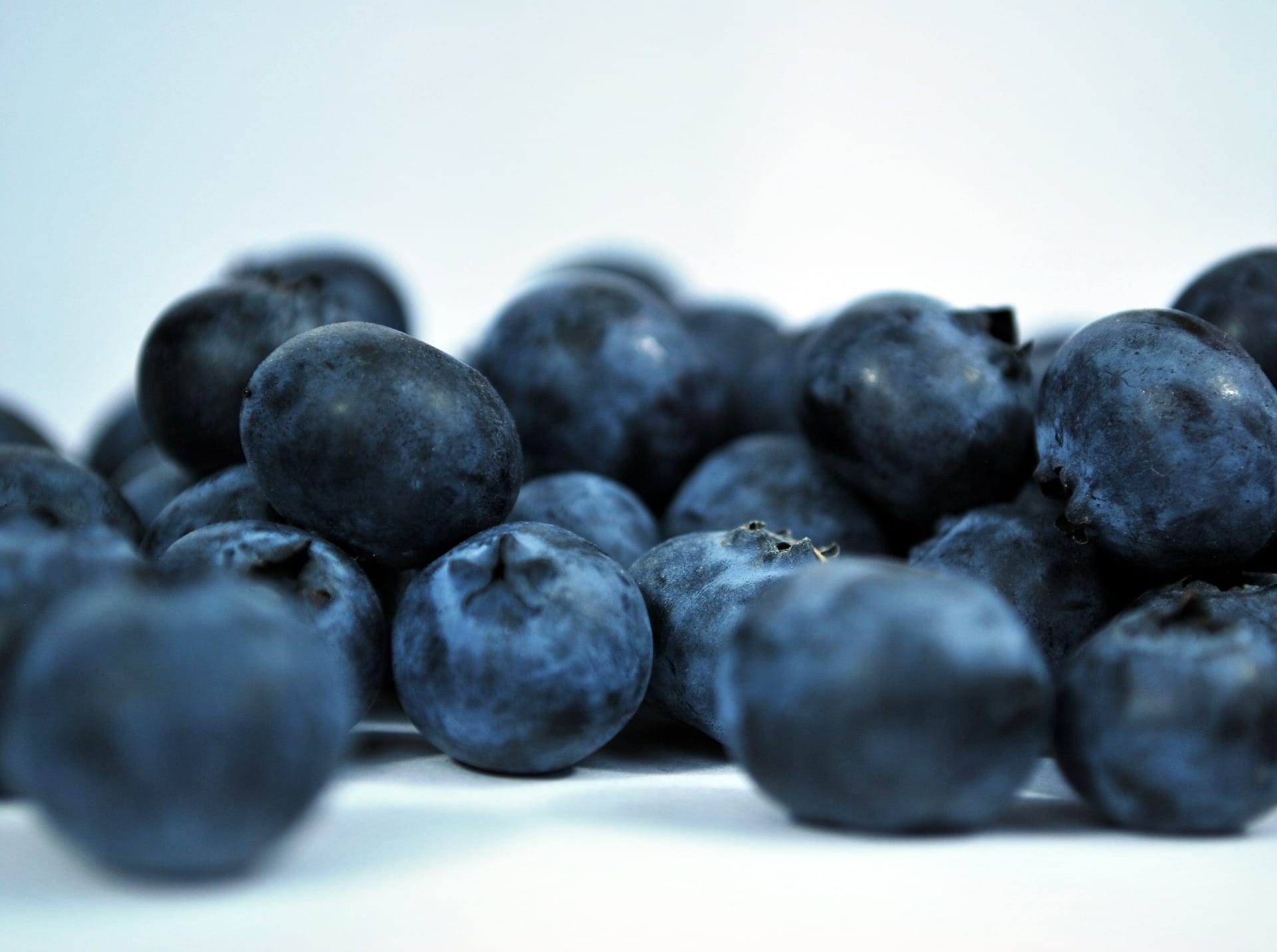Blueberries and strawberries are the most common berry consumed in the United States and a delicious snack during the summer when they are ripe and in season. Beyond being a healthy treat, evidence suggests that berries are packed with nutrients (anthocyanins) that may decrease the risk of heart attack.
Berries are a concentrated source of naturally occurring compounds called dietary flavonoids, which exhibit antioxidant activity. These beneficial nutrients support cardiovascular health, encourage healthy immune function, and even help prevent cancer. Flavonoids are also found in other foods like citrus fruits, dark chocolate, grapes, and onions.
Both animal and human studies have shown that a specific type of flavonoid, called anthocyanins, provide cardioprotective benefits, such as reducing atherosclerosis, lowering blood pressure and decreasing arterial stiffness. A study by Harvard researchers adds to the cardiovascular benefits of berries, suggesting that eating berries may reduce the risk of heart attack in women.(1)
The Harvard School of Public Health and the University of East Anglia in the United Kingdom collaborated as part of a prospective study to evaluate the cardiovascular benefits of berries. The study included 93,600 women ages 25 to 42 from the Nurses’ Health Study II. Participants were monitored for 18 years, completing dietary questionnaires ever four years.
What the researchers found was that women who ate the most strawberries and blueberries — three or more servings per week — decreased their heart attack risk by 32 percent when compared to women who consumed berries once a month or less. Remarkably, this fact held true even when women who consumed fewer berries ate a diet rich in other fruits and vegetables.
These findings suggest that berries have benefits that exceed those offered by other fruits and vegetables and should be an integral party of your healthy diet. However, eating a well-balanced diet with wholesome carbohydrates, lean protein sources, healthy fats and a variety of fruits and vegetables will ensure you get the range of nutrients essential to good health.
One way to get a daily dose of berries, which is growing in popularity, is through bioactive beverages or nutrient infusions. Many products exist on the market that combine a variety of superfruits — which include berries — into a concentrated nutrient infusion providing a range of beneficial nutrients. Most supply ample nutrients by drinking only one to four ounces daily.
Other ways to incorporate these health-promoting berries into your diet is by adding them to yogurt or cereal, mixing them into your whole-grain muffin mix, as part of a fruit and vegetable smoothie (see the recipe in TranformWise), dipping them into dark chocolate (you get more flavonoids this way), or topping your green salad with them.
(1) Cassidy A, Mukamal KJ, Liu L, et al. High Anthocyanin Intake Is Associated With a Reduced Risk of Myocardial Infarction in Young and Middle-Aged Women. Circulation. 2013;127:188-96.
